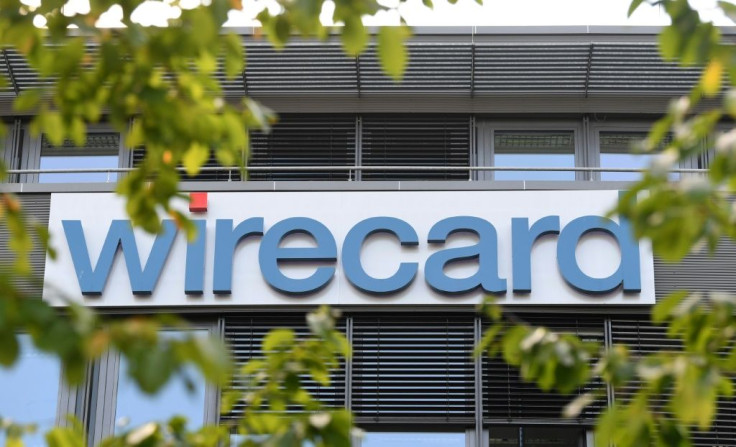Wirecard’s Banks, Creditors Stand To Lose Billions As Payment Processor Collapses

KEY POINTS
- The company’s auditor Ernst & Young refused to validate its 2019 financial statements
- Ex CEO Markus Braun posted bail and is no longer in custody
- Wirecard owes about $4 billion to creditors
Banks which had made loans to Wirecard AG, the scandal-ridden German payment processor that collapsed on Thursday, may be looking at losses of some $1.8 billion.
Bloomberg reported that a group of banks including Dutch lenders ABN Amro Bank NV and ING Groep NV (ING) and Germany’s Commerzbank AG had been negotiating with Wirecard regarding a 1.75 billion euro ($2 billion) credit facility that was already about 90% drawn.
These discussions abruptly ended when Wirecard filed for insolvency in a Munich court, surprising some of the banks.
The payments company informed the court that, with 1.3 billion euros ($1.5 billion) of loans due in less than a week its survival was “not assured.”
Bloomberg reported that Barclays, Credit Agricole, DZ Bank, Lloyds, Bank of China, Citi, Deutsche Bank, MUFG, Raiffeisen Niederosterreich, Agricultural Bank of China and Raiffeisen Oberosterreich were also exposed to Wirecard.
Ironically, the banks had granted Wirecard a short reprieve on its loans, rather than force the firm to repay the loans immediately.
Wirecard’s collapse was triggered by suspicions of massive fraud arising from the apparent disappearance of $2.15 billion from its account books. The company’s auditor Ernst & Young refused to validate its 2019 financial statements.
“There are clear indications that this was an elaborate and sophisticated fraud involving multiple parties around the world,” Ernst & Young said.
The company now is embroiled in a criminal investigation and its former Chief Executive Officer Markus Braun was arrested. He has since posted bail of 5 million euros ($5.6 million) and is no longer in custody.
Wirecard’s former chief operating officer Jan Marsalek is also under investigation and currently believed to be in the Philippines,
“We will now look at all possible criminal offenses,” said the Munich prosecutor’s office.
Wirecard also has an outstanding bond valued at 500 million euros ($562 million) and a convertible bond worth 900 million euros ($1 billion).
All told, Wirecard owes about $4 billion to creditors and has gained the ignominy of being the first member of Germany’s blue-chip DAX stock index to go bankrupt.
“The Wirecard case damages corporate Germany. It should be a wake-up call for reforms,” said Volker Potthoff, chairman of corporate governance think tank ArMID.
Banks and creditor have little hope of recouping their losses with respect to Wirecard.
“The money’s gone,” said a banker. “We may recoup a few euros in a couple of years but will write off the loan now.”
Now, Wirecard’s auditor Ernst & Young faces an avalanche of litigation.
Schirp & Partner Rechtsanwalte, a German law firm based in Berlin, said it will file class action suits against Ernst & Young on behalf of shareholders and bondholders.
“It is frightening how long Wirecard AG was able to operate without being objected to by the auditors,” said partner Wolfgang Schirp.
However, Wirecard’s subsidiary Wirecard Bank is not a part of the insolvency proceedings. Deposits at the bank are insured up 19.7 million euros ($22 million) per client. Wirecard Bank, which holds about 1.4 billion euros ($1.6 billion) in deposits, has come under emergency management of the financial regulatory authority for Germany, known as BaFin.
If the regulator determines that Wirecard Bank is also in financial difficulty, it can freeze deposit withdrawals and ultimately decide if its busines should be wound down.
© Copyright IBTimes 2025. All rights reserved.





















